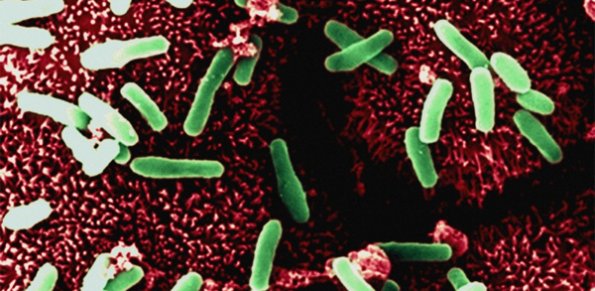- Home
- Medical news & Guidelines
- Anesthesiology
- Cardiology and CTVS
- Critical Care
- Dentistry
- Dermatology
- Diabetes and Endocrinology
- ENT
- Gastroenterology
- Medicine
- Nephrology
- Neurology
- Obstretics-Gynaecology
- Oncology
- Ophthalmology
- Orthopaedics
- Pediatrics-Neonatology
- Psychiatry
- Pulmonology
- Radiology
- Surgery
- Urology
- Laboratory Medicine
- Diet
- Nursing
- Paramedical
- Physiotherapy
- Health news
- Fact Check
- Bone Health Fact Check
- Brain Health Fact Check
- Cancer Related Fact Check
- Child Care Fact Check
- Dental and oral health fact check
- Diabetes and metabolic health fact check
- Diet and Nutrition Fact Check
- Eye and ENT Care Fact Check
- Fitness fact check
- Gut health fact check
- Heart health fact check
- Kidney health fact check
- Medical education fact check
- Men's health fact check
- Respiratory fact check
- Skin and hair care fact check
- Vaccine and Immunization fact check
- Women's health fact check
- AYUSH
- State News
- Andaman and Nicobar Islands
- Andhra Pradesh
- Arunachal Pradesh
- Assam
- Bihar
- Chandigarh
- Chattisgarh
- Dadra and Nagar Haveli
- Daman and Diu
- Delhi
- Goa
- Gujarat
- Haryana
- Himachal Pradesh
- Jammu & Kashmir
- Jharkhand
- Karnataka
- Kerala
- Ladakh
- Lakshadweep
- Madhya Pradesh
- Maharashtra
- Manipur
- Meghalaya
- Mizoram
- Nagaland
- Odisha
- Puducherry
- Punjab
- Rajasthan
- Sikkim
- Tamil Nadu
- Telangana
- Tripura
- Uttar Pradesh
- Uttrakhand
- West Bengal
- Medical Education
- Industry
Skin microbiome can fight STD

A diverse community of microorganisms, collectively known as skin microbiome are said to fight infections caused by chancroid, a new international study suggest. Chancroid is a sexually transmitted disease (STD) found commonly in the developing world especially linked to enhanced HIV transmission.
The findings suggest that skin microbiome can influence the outcomes of a bacterial infection, as confirmed by IANS.
"If the bacteria in the resolvers are actually contributing to the host defense, you could think about using bacteria as a probiotic to help prevent infection or you could use the microbiome to identify people at risk for certain infections," said lead study author Stanley Spinola, professor at Indiana University School of Medicine, Indianapolis, US.
In the new study, researchers evaluated the skin microbiome of eight individuals before, during, and after inoculation with Haemophilus ducreyi - the bacteria that cause chancroid - on the arm.
Infected individuals can either clear the infection or develop pustules that eventually form abscesses.
The investigators compared the skin microbiome in patients who resolved their H. ducreyi infection to those who did not.
The researchers discovered that preinfection skin microbiomes of pustule formers and resolvers have distinct community structures that change in response to the progression of H. ducreyi infection.
The study was published in the journal mBio.
The findings suggest that skin microbiome can influence the outcomes of a bacterial infection, as confirmed by IANS.
"If the bacteria in the resolvers are actually contributing to the host defense, you could think about using bacteria as a probiotic to help prevent infection or you could use the microbiome to identify people at risk for certain infections," said lead study author Stanley Spinola, professor at Indiana University School of Medicine, Indianapolis, US.
In the new study, researchers evaluated the skin microbiome of eight individuals before, during, and after inoculation with Haemophilus ducreyi - the bacteria that cause chancroid - on the arm.
Infected individuals can either clear the infection or develop pustules that eventually form abscesses.
The investigators compared the skin microbiome in patients who resolved their H. ducreyi infection to those who did not.
The researchers discovered that preinfection skin microbiomes of pustule formers and resolvers have distinct community structures that change in response to the progression of H. ducreyi infection.
The study was published in the journal mBio.
bacterial infectionChancroidIndiana University School of MedicineIndianapolissexually transmitted disease (STD)skin microbiomeUS
Next Story


